Pashinyan in Moscow: Rewarming ties amid US and Western disinterest? Expert insights
Armenian Prime Minister Nikol Pashinyan is heading to Moscow to build bridges. According to several experts, Yerevan has lost its appeal for the collective West — or at least for Washington. Armenian political analyst Artur Khachikyan has come to such pessimistic conclusions, noting that the EU is emphasising the fact that the Prime Minister of Armenia, which is seeking to join the European Union, is travelling to Moscow to take part in the May 9 celebrations.
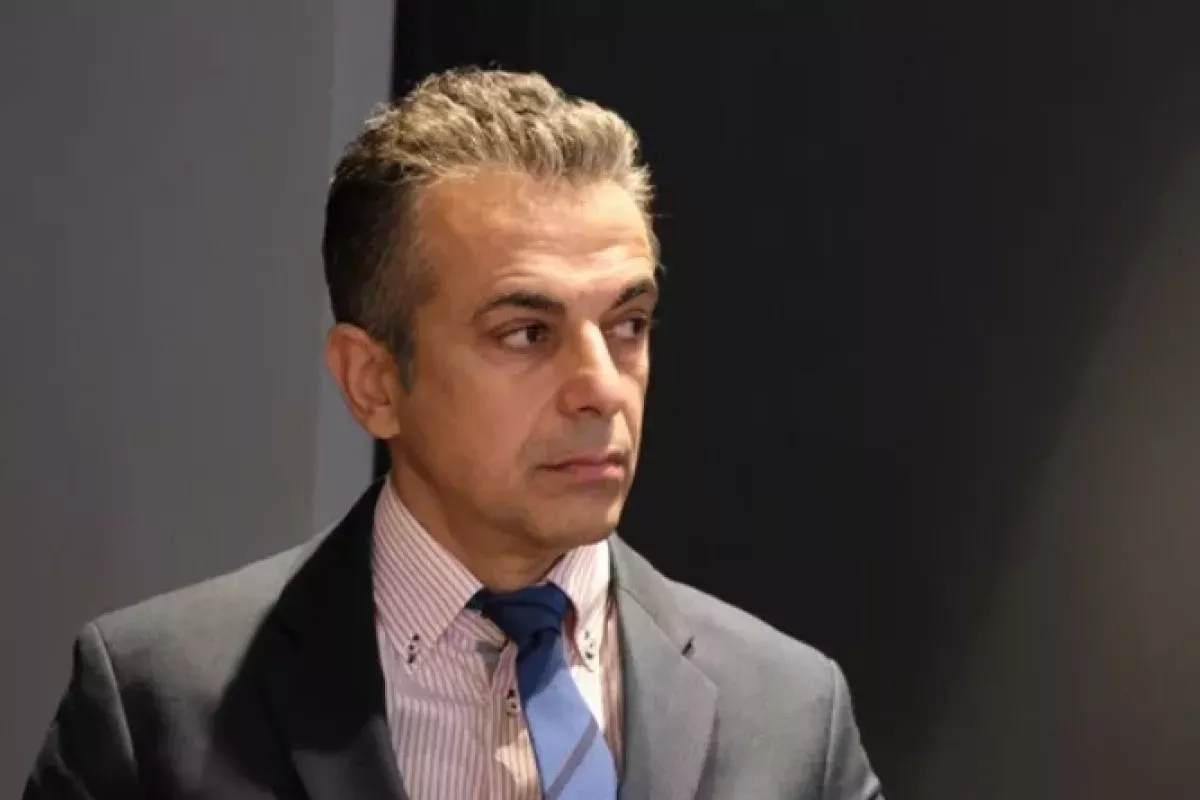
The opinion of the Armenian political analyst gains additional sharpness against the backdrop of information circulated by Armenian media: Pashinyan has hired the American PR firm Mercury in an attempt to appeal to Donald Trump and convince him that Armenia can be an important strategic partner for the United States in the South Caucasus.
Khachikyan’s assessments carry a distinctly alarmist tone: “The West has no interests in Armenia, and instead, Kaja Kallas went to Azerbaijan for gas and oil, to kiss the hand of the Azerbaijani president.”
Has Yerevan truly lost its strategic significance for the U.S. and the EU? To find an answer to this question, Caliber.Az reached out to international political analysts.
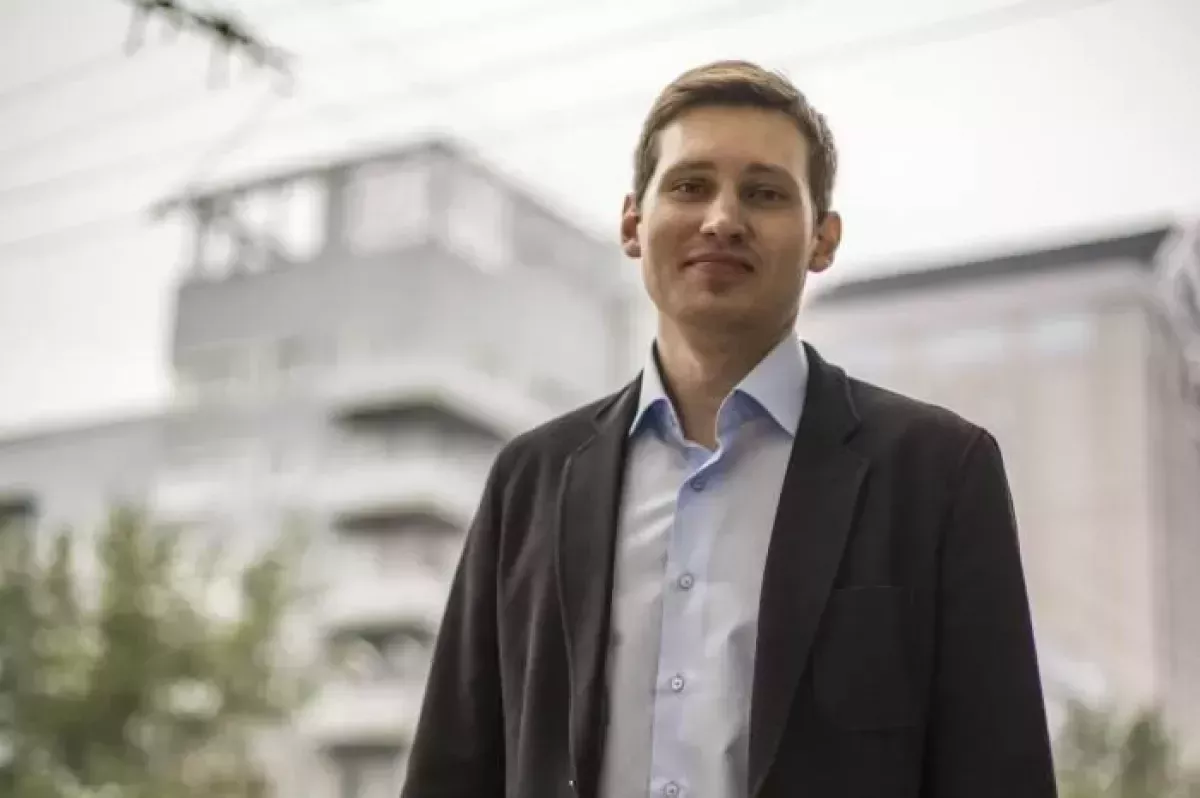
According to Alexander Ryabtsev, a Russian expert on the South Caucasus, nothing is surprising about Pashinyan’s manoeuvring, since “Moscow had warned Yerevan.”
“Over the past year, Moscow has issued numerous statements urging Yerevan to stop trying to curry favour with the West. The Russian Foreign Ministry and various politicians have repeatedly, and in a friendly manner, reminded Armenia that Washington’s and the EU’s interest in the country is purely ‘seasonal.’ Afterwards, Armenia may — at least temporarily, if not permanently — lose Western support, even from such a devoted admirer as French President Emmanuel Macron.
The West’s interest in Armenia is purely opportunistic, and it serves two main goals: to drive a wedge between Armenia and Russia, and to exploit the voting power of the Armenian diaspora abroad. These diasporas reside in so-called ‘titular cities of the world’ — Los Angeles, New York, Paris, Berlin, Brussels. That’s why various political forces periodically show interest in them,” he said.
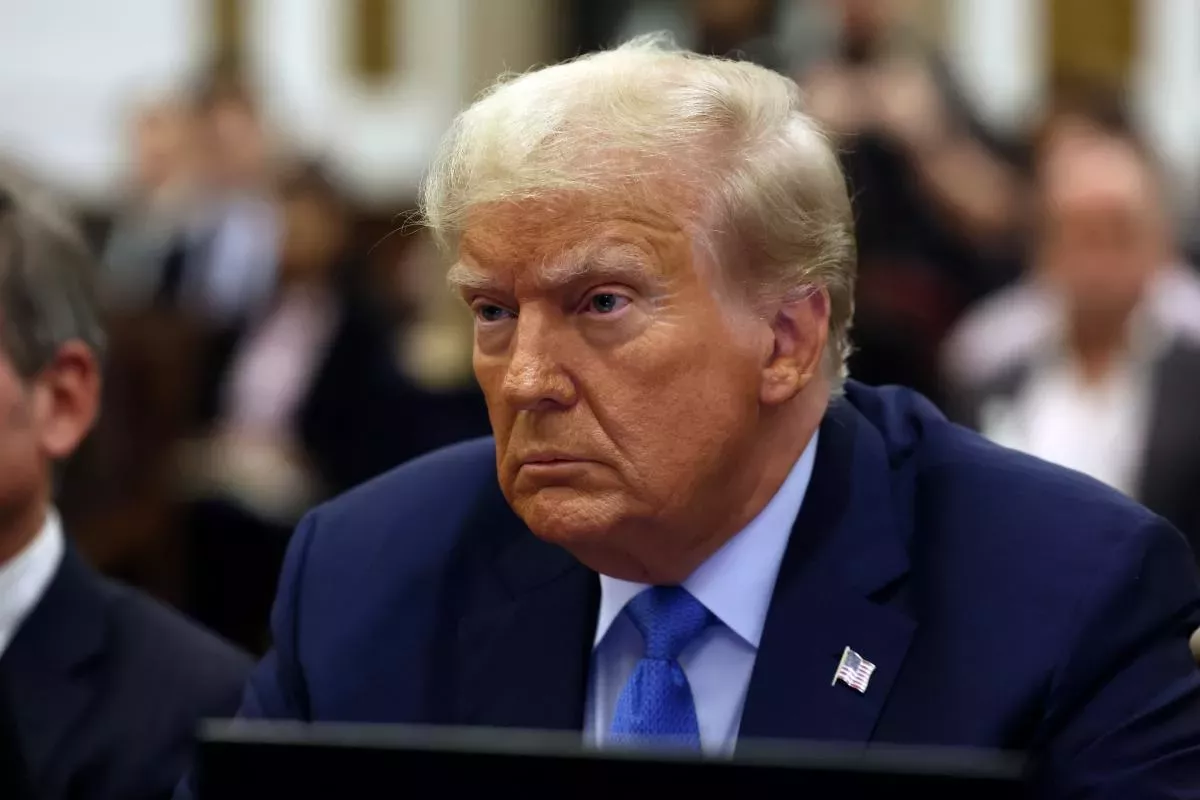
At present, Trump’s team has completely lost interest in Armenia, as it views the Armenian diaspora as a conduit for the Democratic Party’s interests. Trump is principled in this regard and has effectively placed Yerevan on a “blacklist.” Washington may continue to show some level of support for Armenia, but it will merely be for public display. In reality, Yerevan’s “American course” has ended in complete failure.
This is also explained by the lack of economic benefit in maintaining relations with Armenia. Trump understands that even if Yerevan opens communications and agrees to a peace deal with Baku on all terms, it has nothing to offer the United States — Armenia has neither money nor resources. Azerbaijan, on the other hand, has both, along with geopolitical leadership in the region. Therefore, Baku is far more interesting and promising for Trump.
That is why Pashinyan is heading to Moscow, humbly setting aside his Armenian stubbornness before the Kremlin, to complain about his situation and negotiate for Russian support — carrying a message of “no hard feelings” and a plea for forgiveness. “It’s clear that the ball is now in Moscow’s court, which may well give Yerevan a public scolding during the May celebrations,” says Ryabtsev.
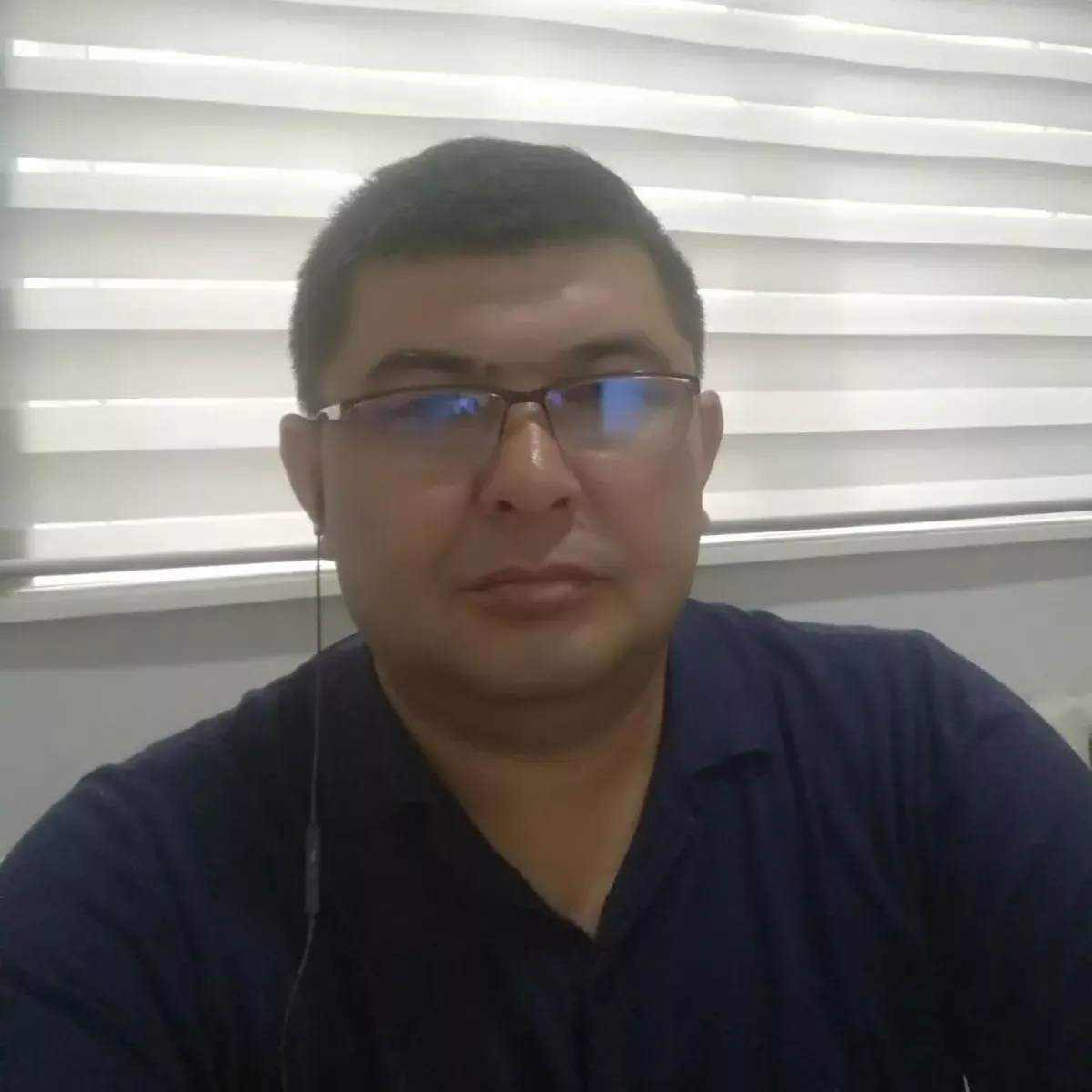
Kyrgyz political analyst Umar Mutaliev believes that Pashinyan is a “politician of the moment,” not of strategy — and this explains the chaotic behavior of Yerevan. Armenia is floundering because it has nothing to offer the world except the ideological dogmas of Armenian chauvinism. Pashinyan has become a hostage of this situation, which is being corrected extremely slowly — revanchism in Armenia remains strong.
“In Moscow, they fully understand that the support Yerevan receives from Brussels is primarily driven by ideological considerations. One must not forget that the EU is, to a large extent, an ideological union, seeking to assimilate other nations into its agenda despite its outward façade of multiculturalism. That is why Yerevan will continue to receive occasional support from the EU — unlike the United States, which has effectively abandoned its political sponsorship of Armenia.”
Pashinyan is a politician who can offer the West little more than himself — his willingness to please and his anti-Russian rhetoric, which earns him applause in Brussels. But that’s where his political toolkit ends. Paris has supplied weapons to Yerevan, but even Macron’s pro-Armenian activism is already fading — France now has new priorities on its agenda.
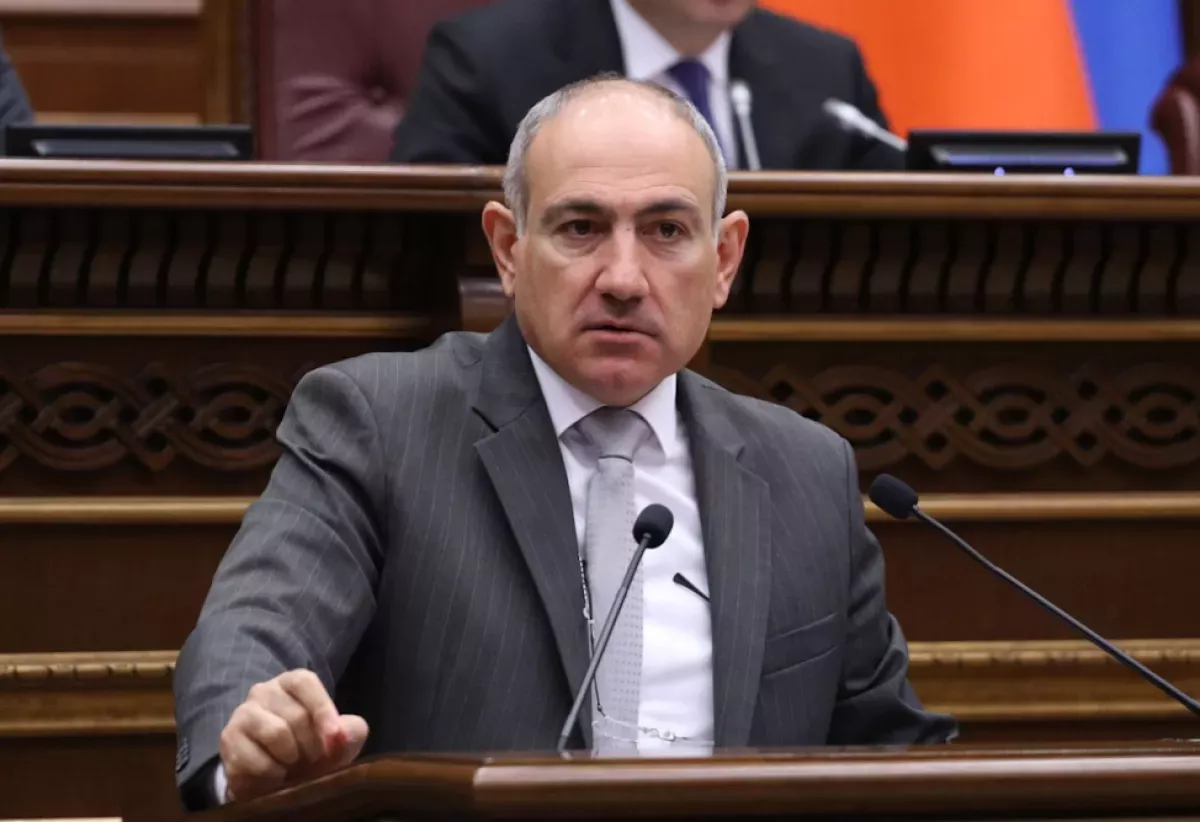
And now the pro-Western Pashinyan is heading to Moscow to glorify Russian weaponry. Isn't that paradoxical? Despite all of Pashinyan's skilful pandering, Yerevan is doomed to fail as long as it does not rid itself of its revanchist army — both within the country and in the ideological sphere. This army compels Pashinyan to continue playing the game of being an unreliable negotiating partner with Azerbaijan.
"Unless Pashinyan steers Armenia towards cooperation with Azerbaijan and Türkiye, and reboots the entire toxic policy of Yerevan’s elites, the outcome will always be the same. One can only hope that he has the wisdom and will to understand: politics of the moment is a highly flawed tool. Without cooperation with Azerbaijan and Türkiye, Pashinyan is doomed to dance either to Moscow’s tune or to Brussels’,“ Mutaliev concluded.








